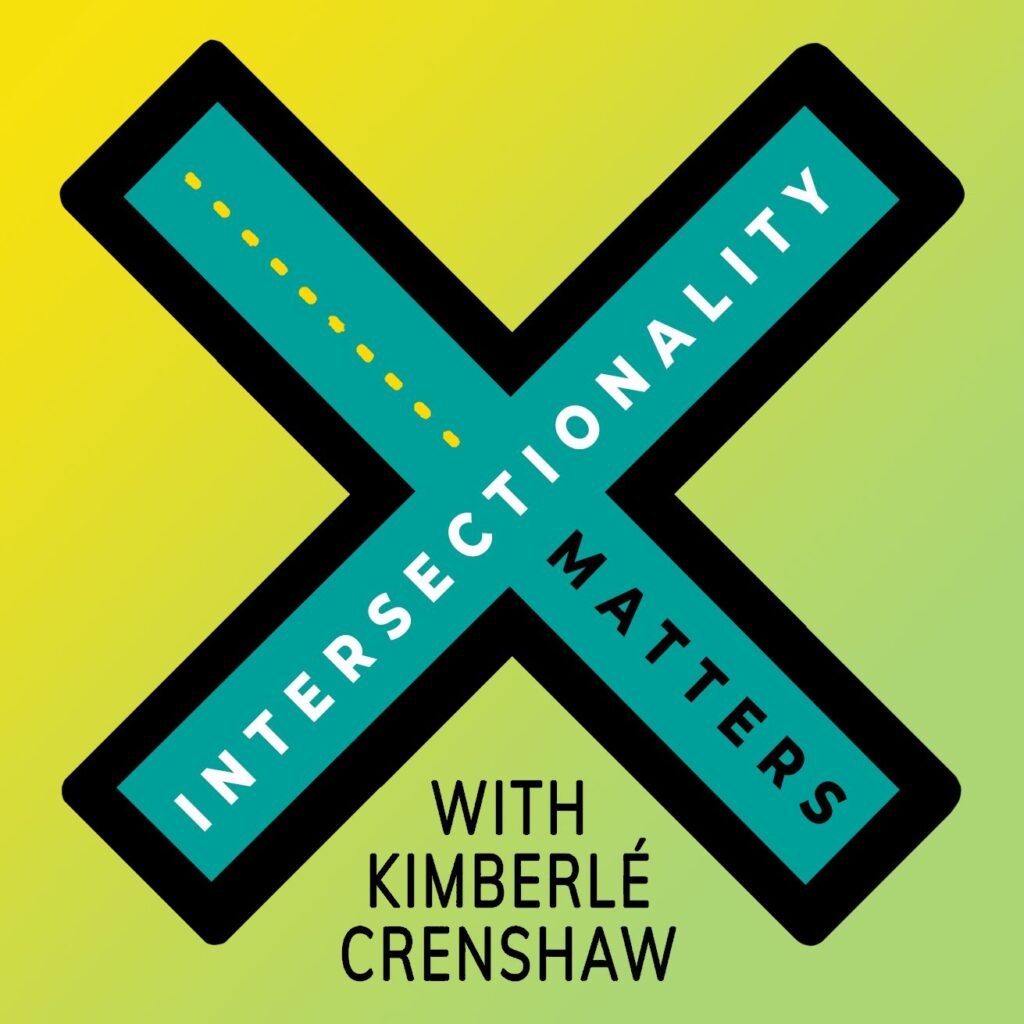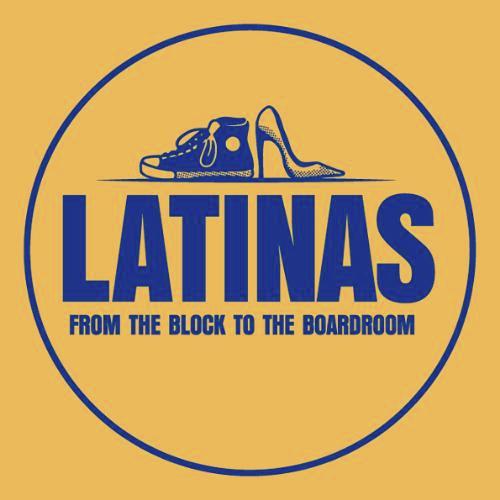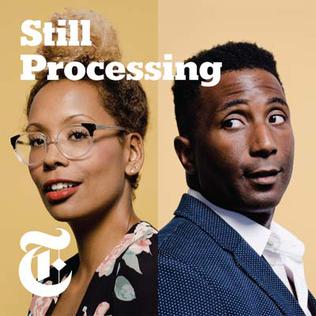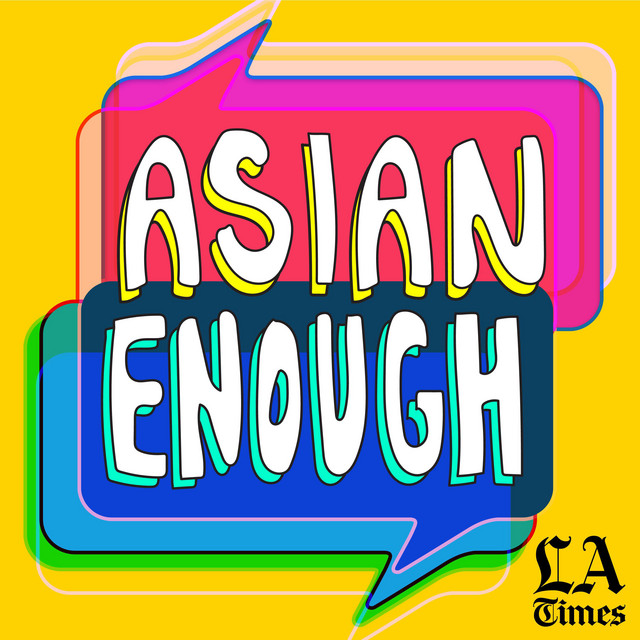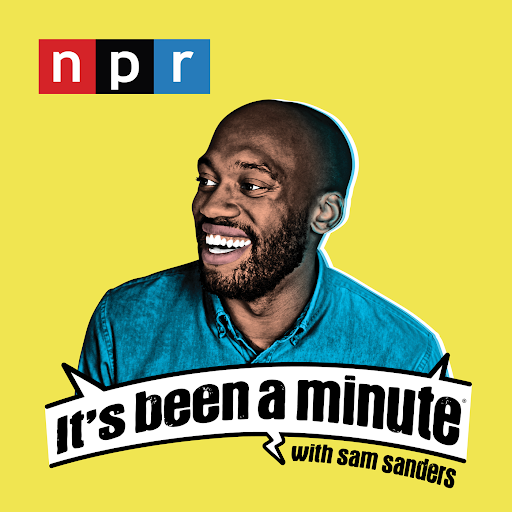Resources For Confronting Racism

Georgetown University’s School of Medicine is committed to promoting inclusiveness and has continued to make efforts to present resources for students, faculty, and staff. Below is a list of resources that can be utilized to provide support and allow members of the Georgetown community to learn and foster deeper connections.
What’s Implicit Bias?
Implicit bias is when judgments are shaped by the unconscious attribution of particular qualities to specific groups.
Want to take an implicit bias test? Identify your own bias and help others. Visit Project Implicit.
Racism Scale
Articles/Essays/Podcasts
- The 1619 Project | The New York Times
- The Intersectionality Wars | Vox
- Yuri, Tupac, And A Harlem House | Hyphen Magazine
- Why This Started in Minneapolis | Bloomberg
- U.S. Businesses Must Take Meaningful Action Against Racism | Harvard Business Review
- Why Diverse Teams Are Smarter | Harvard Business Review
- Minority Resident Physicians’ Views on the Role of Race/Ethnicity in Their Training Experiences in the Workplace | American Medical Association
- Can Change to Clerkship Assessment Practices Create a More Equitable Clerkship Grading Process? | Journal of the Association of American Medical Colleges
- Health Equity Rounds: An Interdisciplinary Case Conference to Address Implicit Bias and Structural Racism for Faculty and Trainees | Association of American Medical Colleges
- Interrupting Microaggressions in Health Care Settings: A Guide for Teaching Medical Students | Association of American Medical Colleges
TV and Films
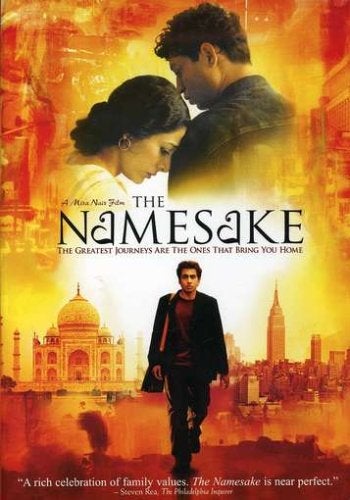
After moving from Calcutta to New York, members of the Ganguli family maintain a delicate balancing act between honoring the traditions of their native India and blending into American culture.
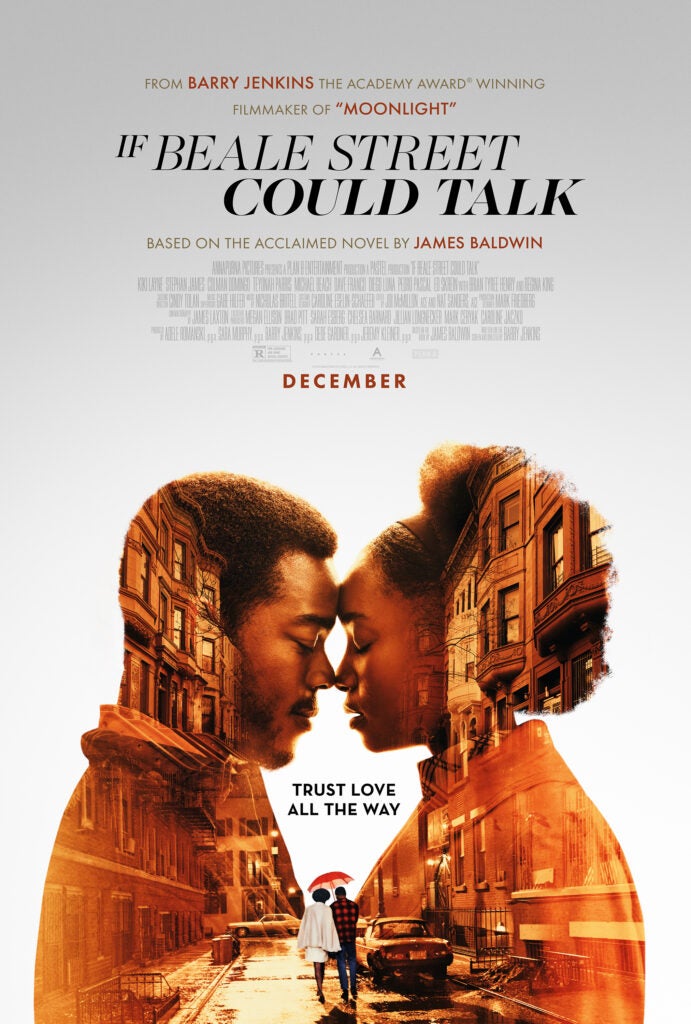
Told through the eyes of Tish, a nineteen-year-old girl, in love with Fonny, a young sculptor who is the father of her child, Baldwin’s story mixes the sweet and the sad. Tish and Fonny have pledged to get married, but Fonny is falsely accused of a terrible crime and imprisoned.
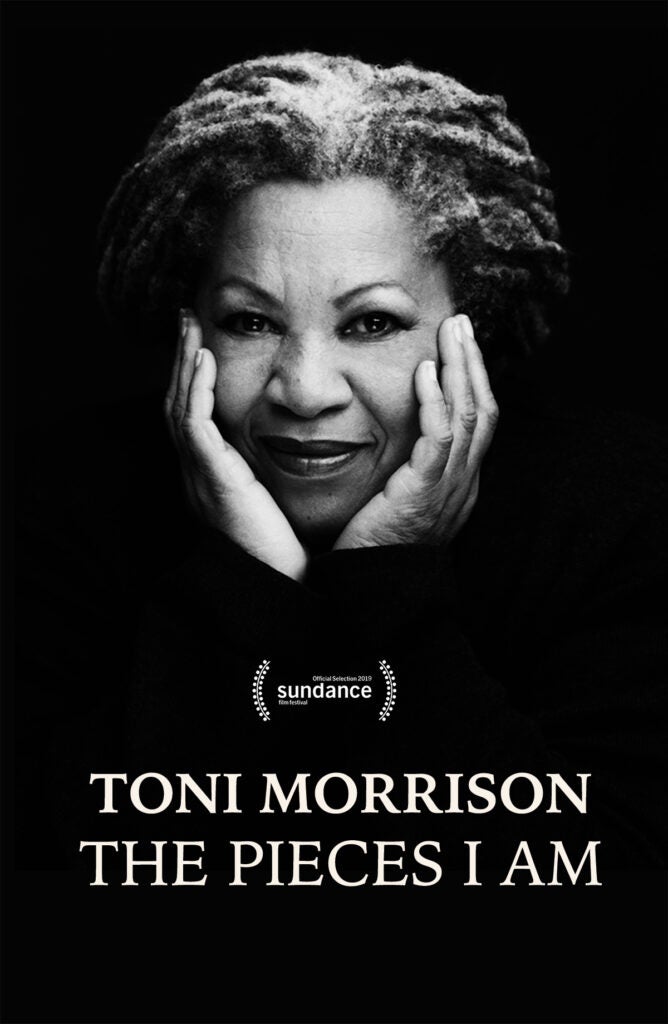
Author Toni Morrison leads an assembly of her peers, critics, and colleagues on an exploration of race, history, America, and the human condition.
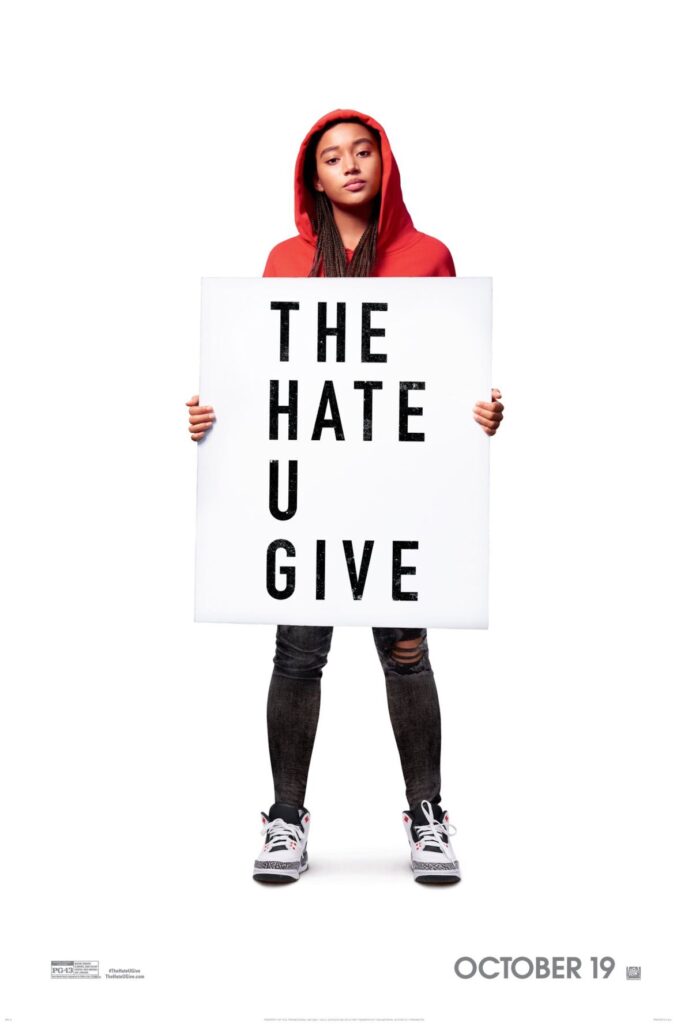
Starr Carter is constantly switching between two worlds — the poor, mostly black neighborhood where she lives and the wealthy, a mostly white prep school that she attends. The uneasy balance between these worlds is soon shattered when she witnesses the fatal shooting of her childhood best friend at the hands of a police officer.
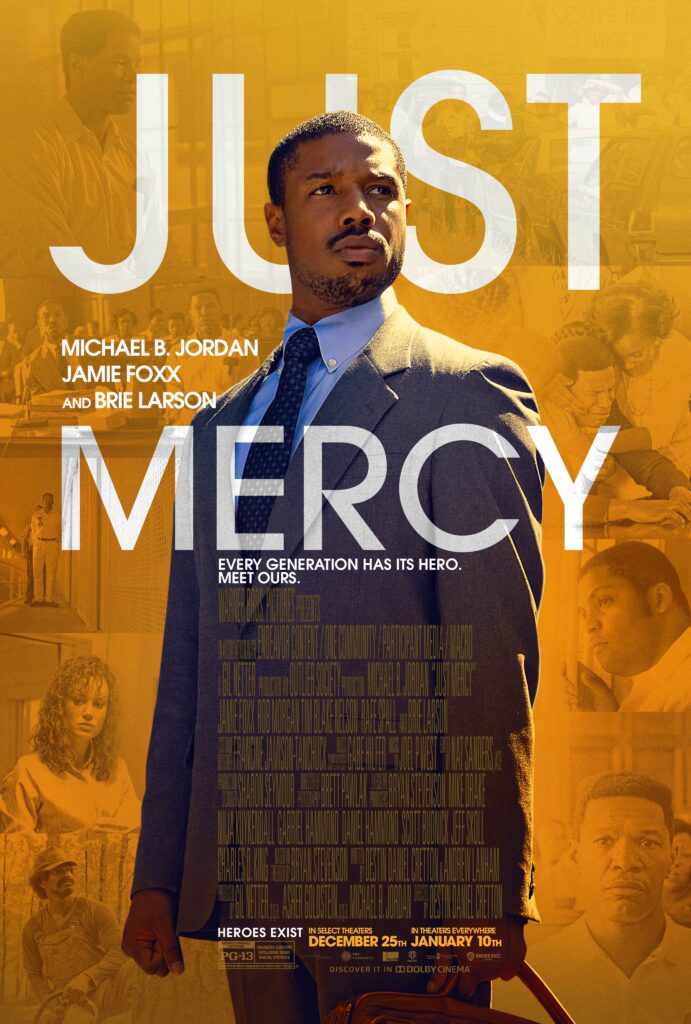
After graduating from Harvard, Bryan Stevenson heads to Alabama to defend those wrongly condemned or those not afforded proper representation. One of his first cases is that of Walter McMillian, who is sentenced to die in 1987 for the murder of an 18-year-old girl, despite evidence proving his innocence. In the years that follow, Stevenson encounters racism and legal and political maneuverings as he tirelessly fights for McMillian’s life.
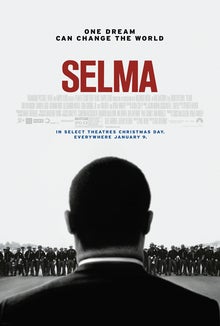
Despite violent opposition, Dr. Martin Luther King Jr. and his followers pressed forward on an epic march from Selma to Montgomery to fight for suffrage.
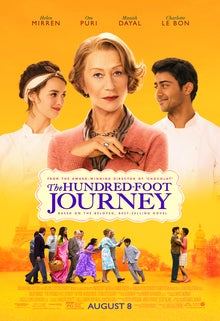
Hassan Kadam is an extraordinarily talented and largely self-taught culinary novice. When he and his family are displaced from their native India and settle in a quaint French village, they decide to open an Indian eatery. However, Madame Mallory, the proprietress of an acclaimed restaurant just 100 feet away, strongly objects. War erupts between the two establishments until Mallory recognizes Kadam’s impressive epicurean gifts and takes him under her wing.
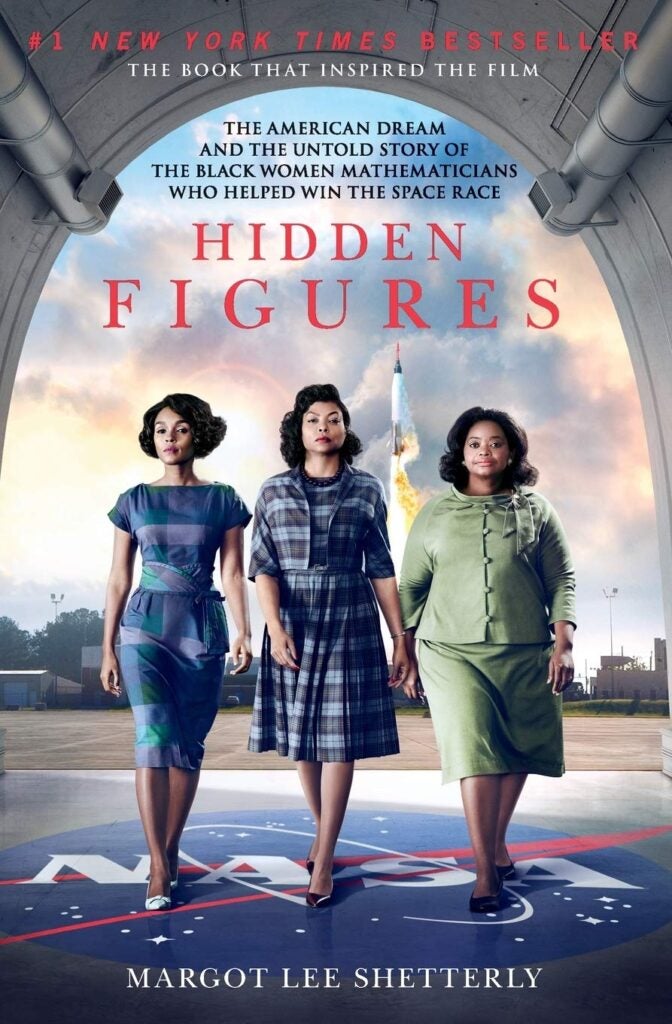
Three brilliant African-American women at NASA — Katherine Johnson, Dorothy Vaughan, and Mary Jackson — serve as the brains behind one of the greatest operations in history: the launch of astronaut John Glenn into orbit, a stunning achievement that restored the nation’s confidence, turned around the Space Race and galvanized the world.
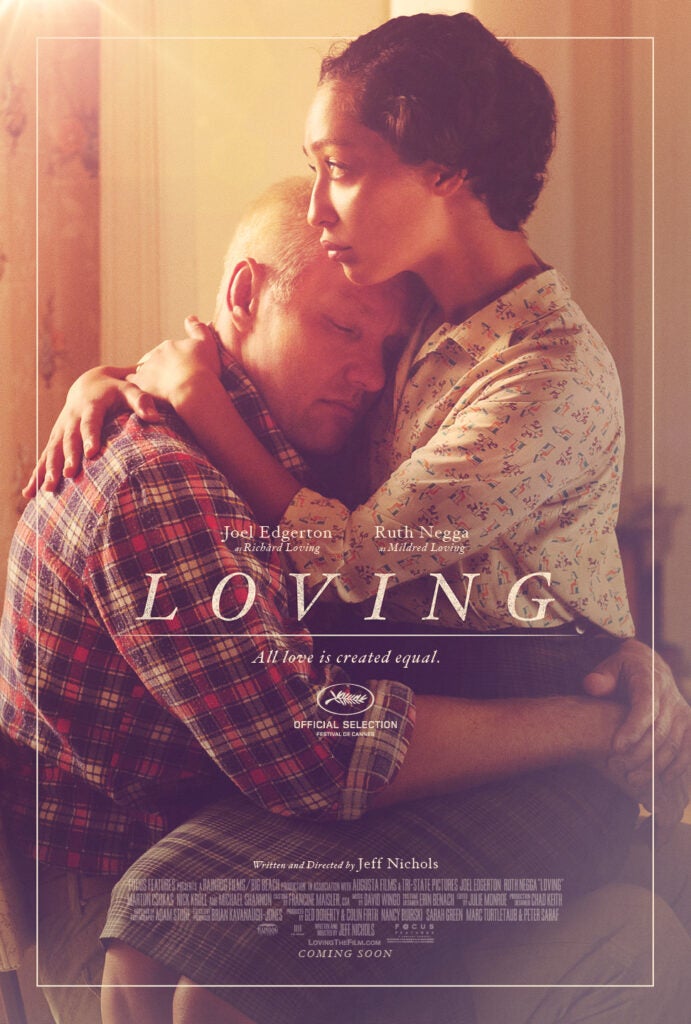
Interracial couple Richard and Mildred Loving fell in love and were married in 1958. They grew up in Central Point, a small town in Virginia that was more integrated than surrounding areas in the American South. Yet it was the state of Virginia, where they were making their home and starting a family, that first jailed and then banished them. Richard and Mildred relocated with their children to the inner city of Washington, D.C., but the family ultimately tries to find a way back to Virginia.
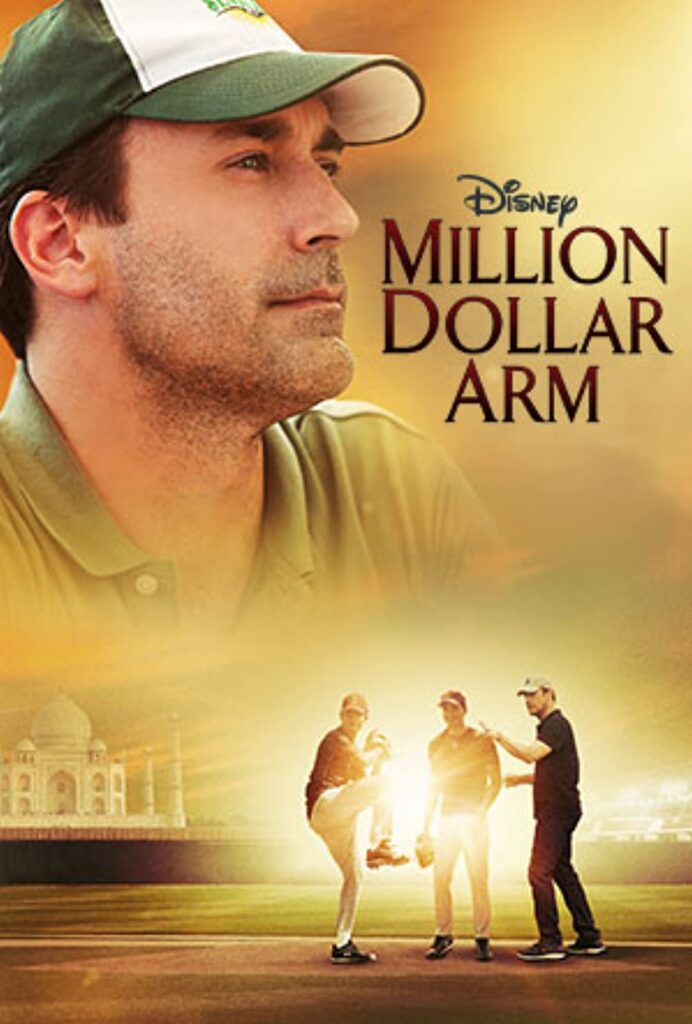
In a last-ditch effort to save his career, sports agent J.B. Bernstein plans to find baseball’s next star pitcher. He heads to India to find a cricket player whom he can nurture into a major league star. With the help of a scout, J.B. finds teens Dinesh and Rinku, who haven’t a clue about baseball but throw powerful pitches. As the boys adjust to American life, J.B. learns valuable lessons about teamwork and family.
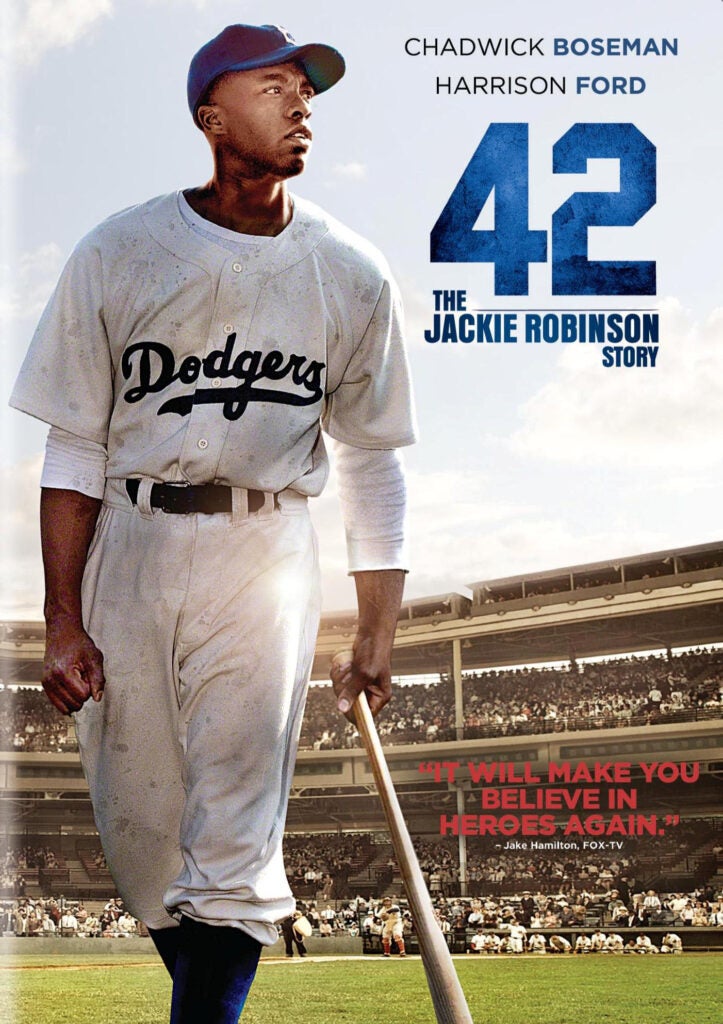
In 1946, Branch Rickey, legendary manager of the Brooklyn Dodgers, defies major league baseball’s notorious color barrier by signing Jackie Robinson to the team. The heroic act puts both Rickey and Robinson in the firing line of the public, the press, and other players. Facing open racism from all sides, Robinson demonstrates true courage and admirable restraint by not reacting in kind and lets his undeniable talent silence the critics for him.
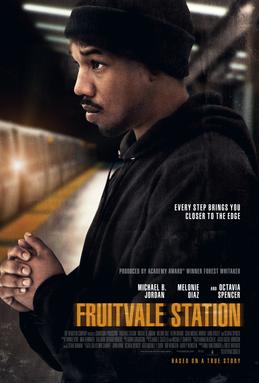
Though he once spent time in San Quentin, 22-year-old black man Oscar Grant is now trying hard to live a clean life and support his girlfriend and young daughter. Flashbacks reveal the last day in Oscar’s life, in which he accompanied his family and friends to San Francisco to watch fireworks on New Year’s Eve, and, on the way back home, became swept up in an altercation with police that ended in tragedy. Based on a true story.
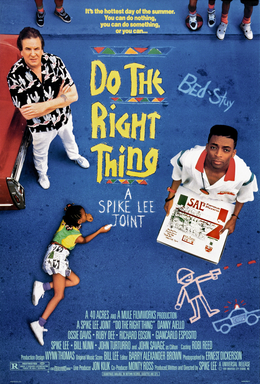
Salvatore “Sal” Fragione is the Italian owner of a pizzeria in Brooklyn. A neighborhood local, Buggin’ Out, becomes upset when he sees that the pizzeria’s Wall of Fame exhibits only Italian actors. Buggin’ Out believes a pizzeria in a black neighborhood should showcase black actors, but Sal disagrees. The wall becomes a symbol of racism and hate to Buggin’ Out and to other people in the neighborhood, and tensions rise.
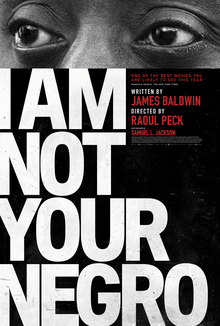
In his final years, Baldwin envisioned a book about his three assassinated friends, Medgar Evers, Malcolm X, and Martin Luther King. His deeply personal notes for the project had never been published before acclaimed filmmaker Raoul Peck mined Baldwin’s oeuvre to compose his stunning documentary film I Am Not Your Negro.
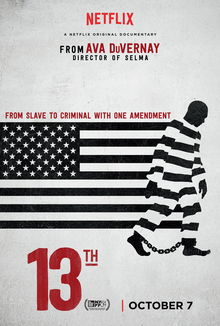
Filmmaker Ava DuVernay explores the history of racial inequality in the United States, focusing on the fact that the nation’s prisons are disproportionately filled with African-Americans.
Books
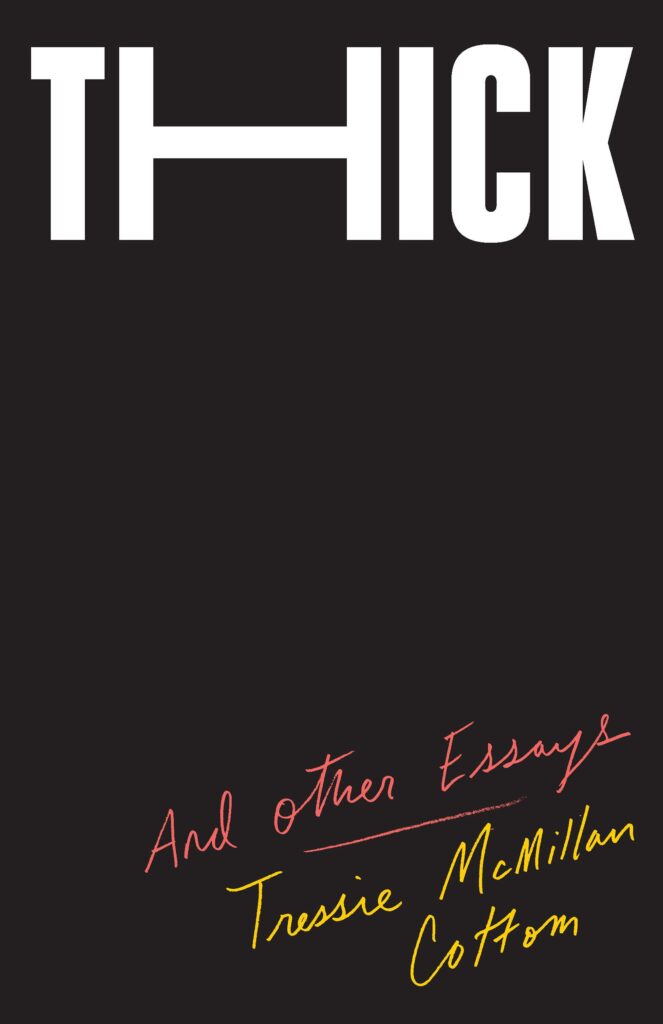
By Tressie McMillan Cottom
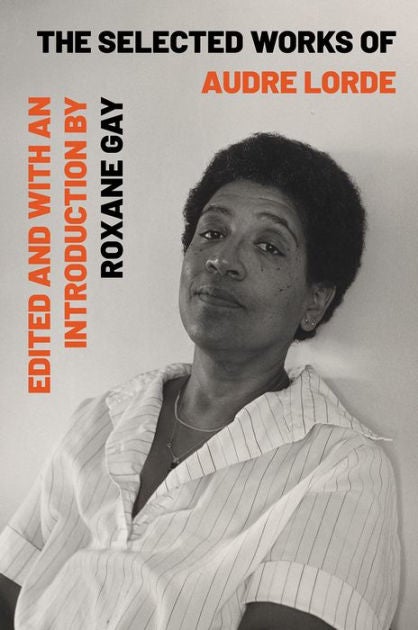
By Roxane Gay
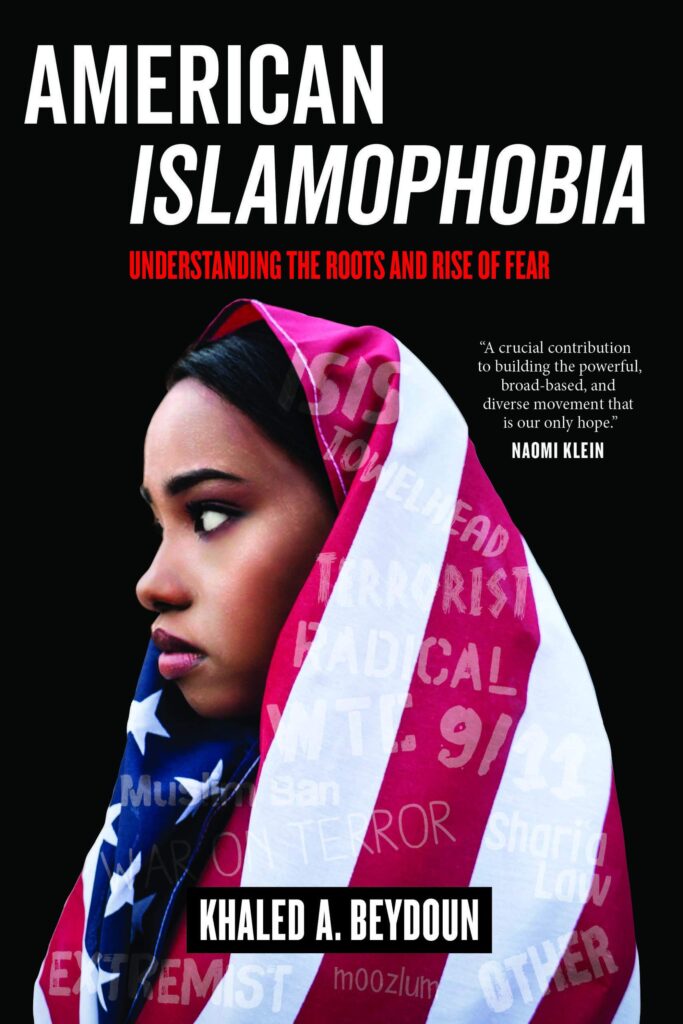
By Khaled A. Beydoun
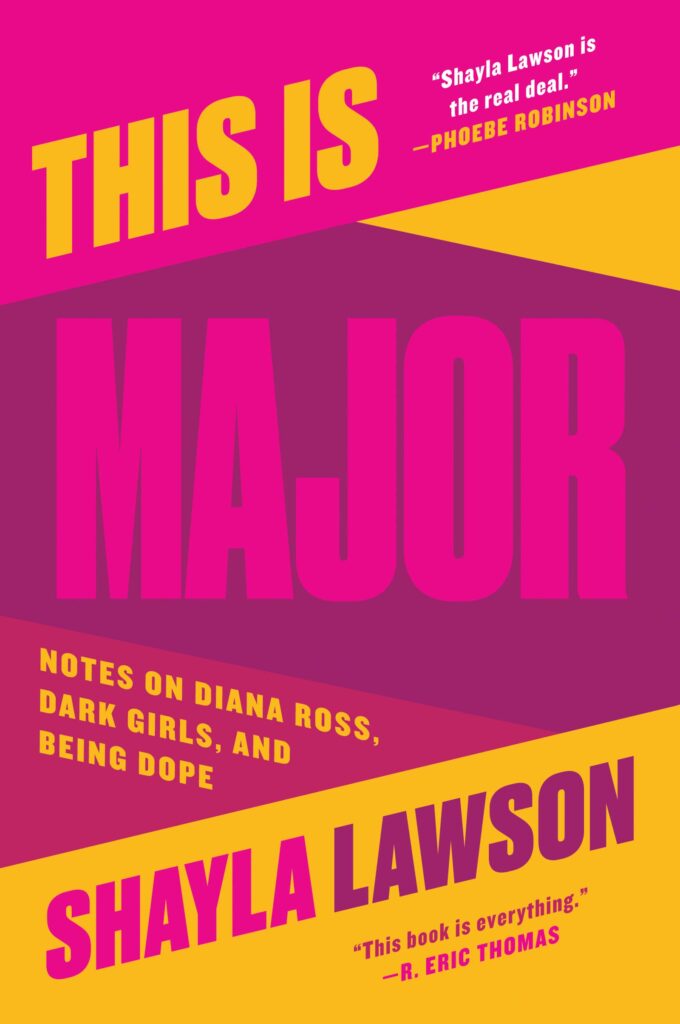
By Shayla Lawson
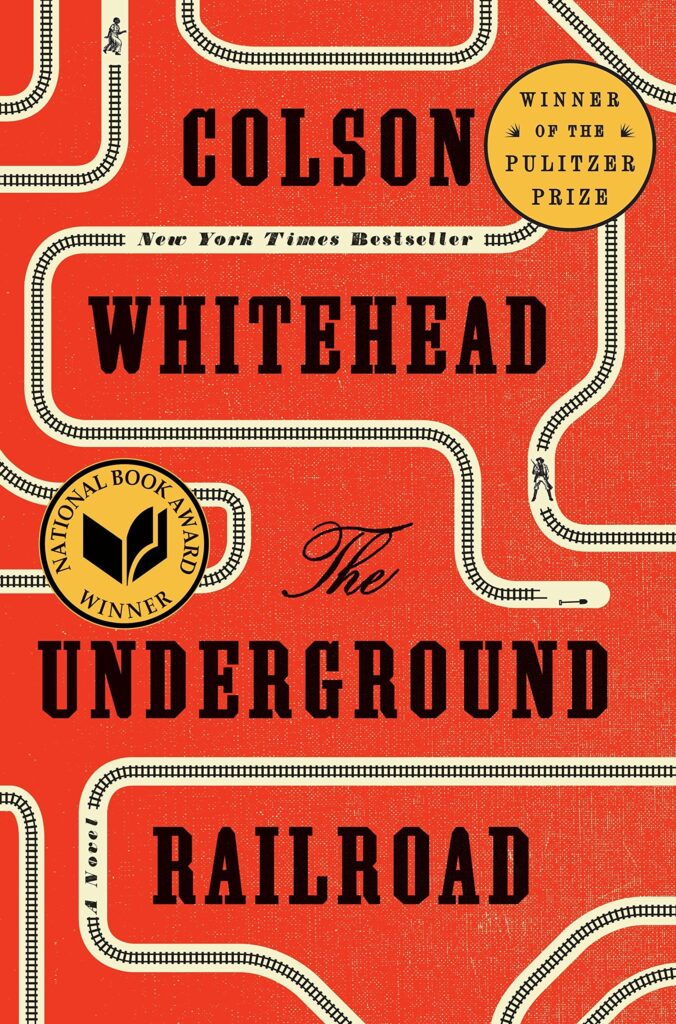
By Colson Whitehead
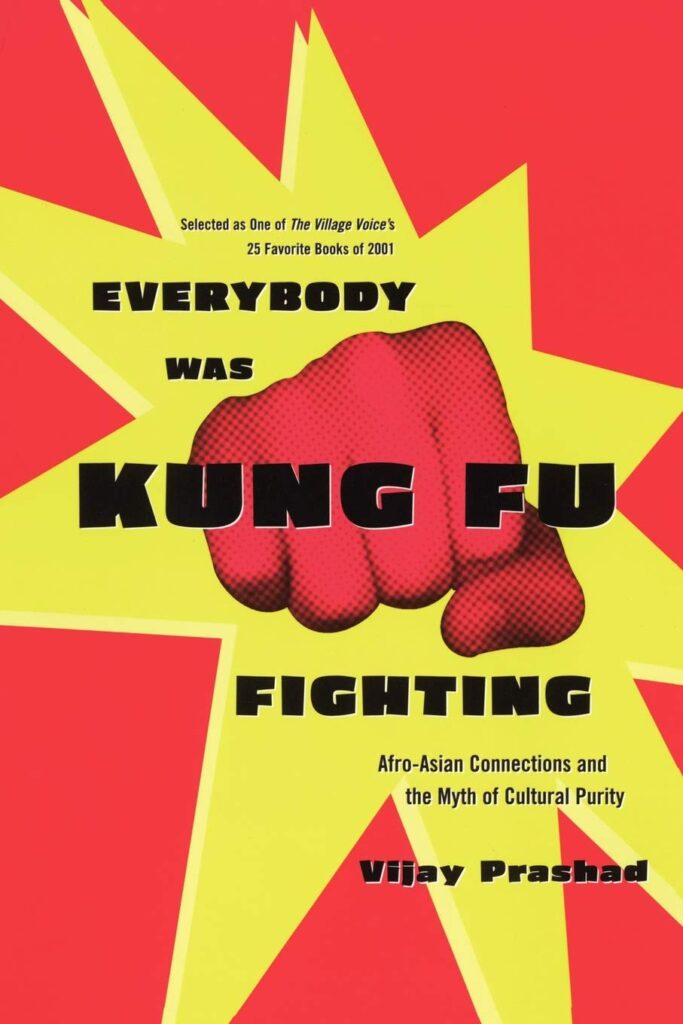
By Vijay Prashad
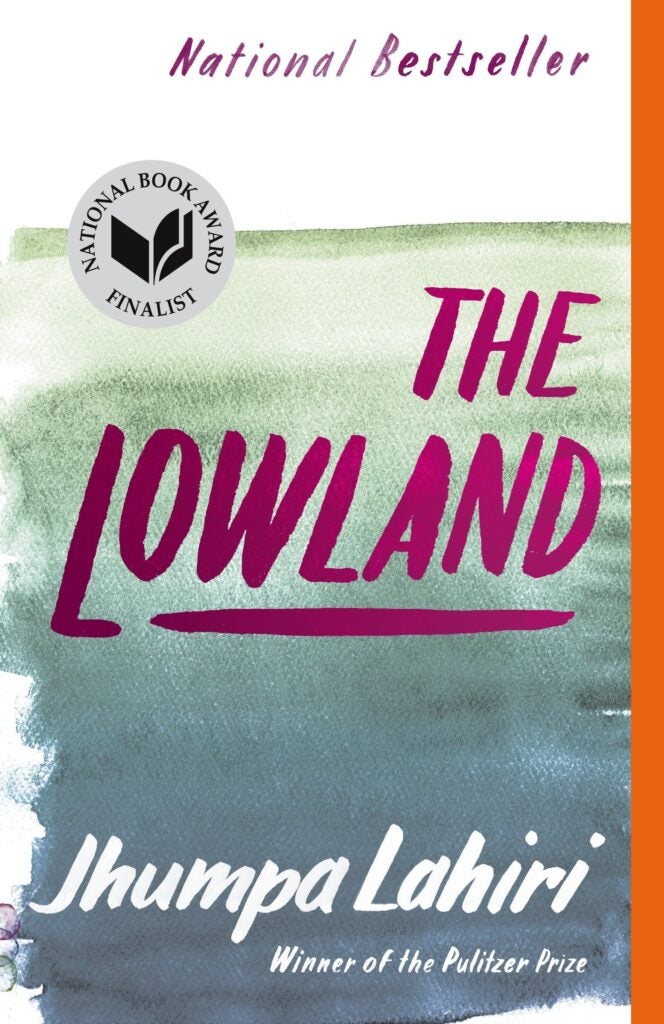
By Jhumpa Lahiri
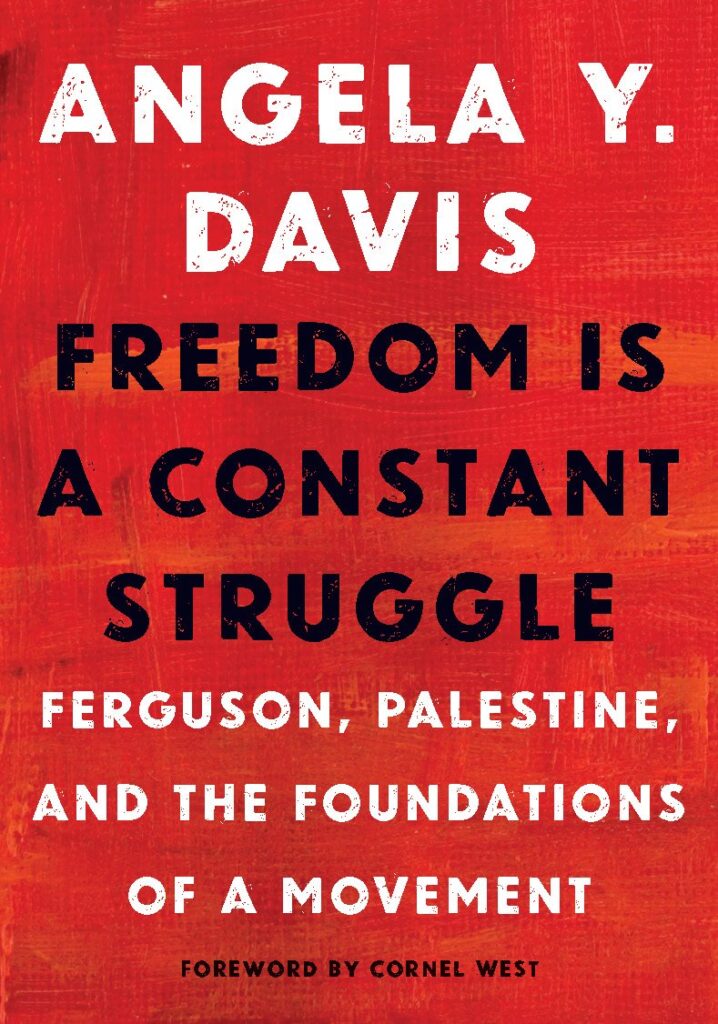
By Angela Davis
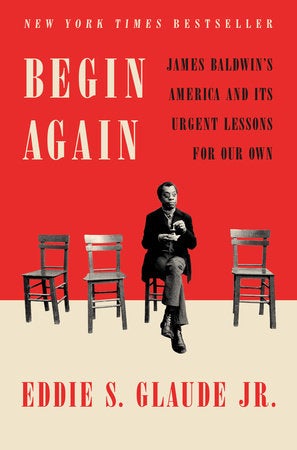
By Eddie Glaude Jr.
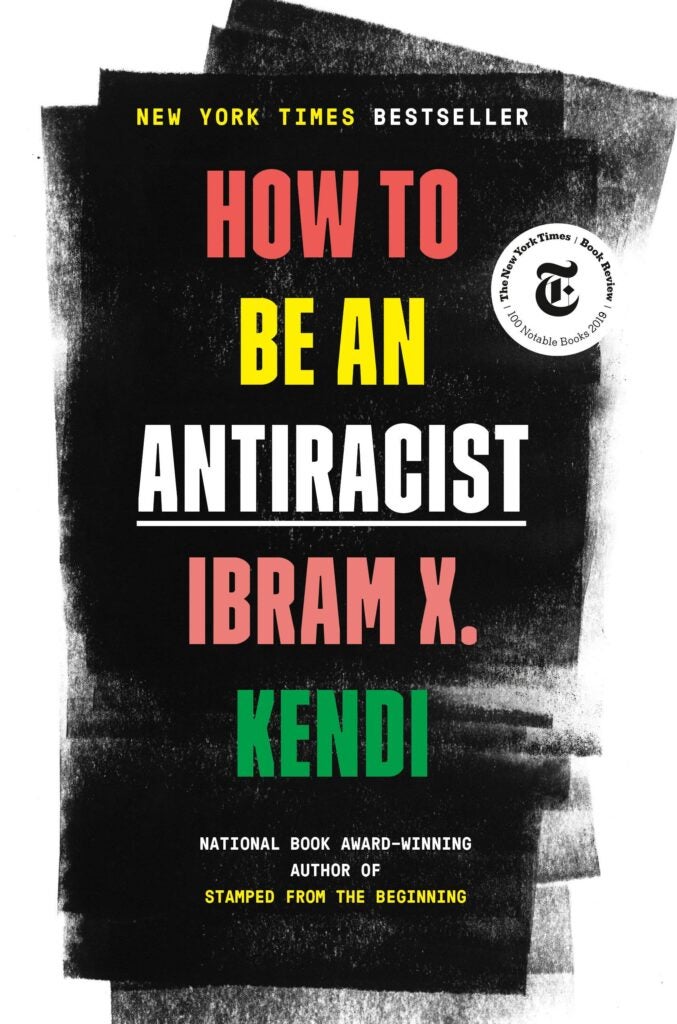
By Ibram X. Kendi
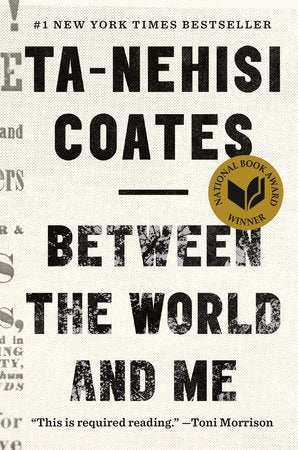
By Ta-Nehisi Coates
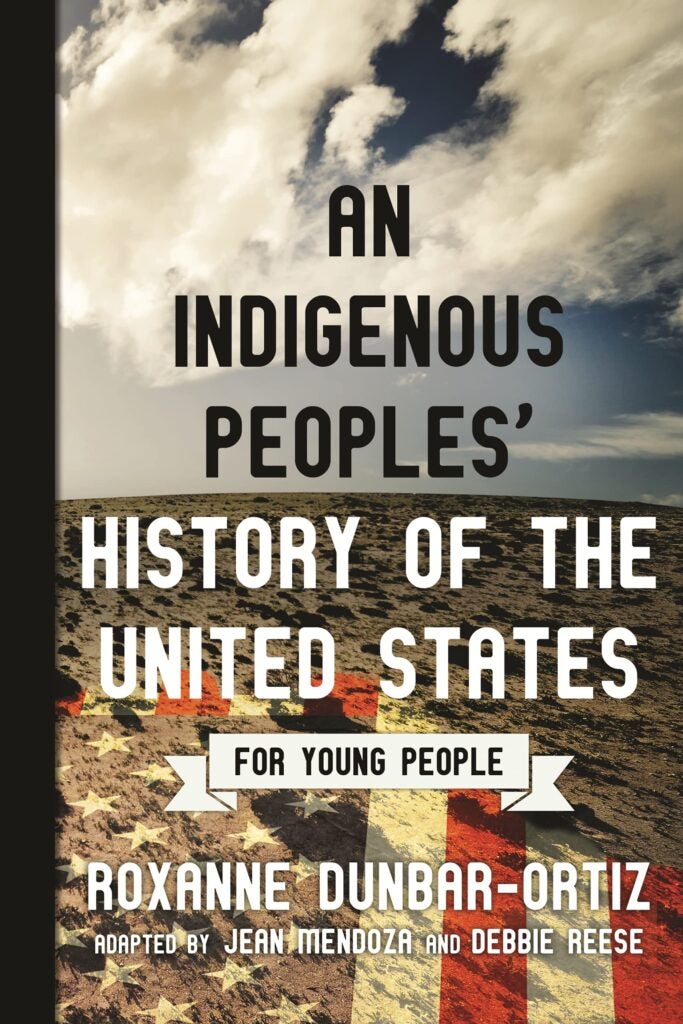
By Roxanne Dunbar-Ortiz
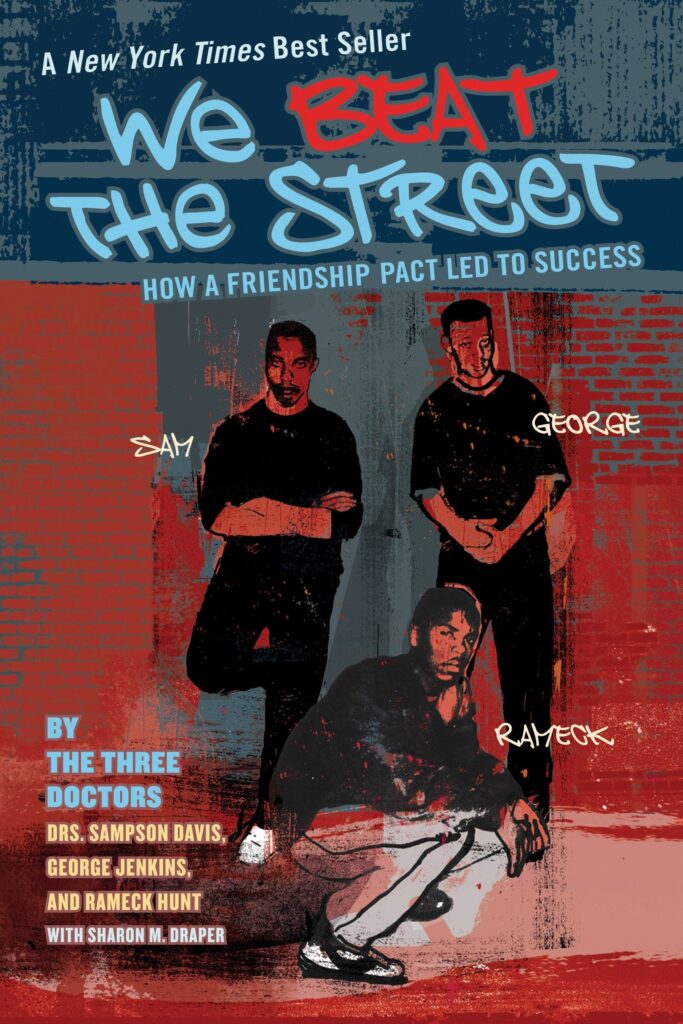
By Dr. Rameck Hunt, Dr. Sampson Davis, Dr. George Jenkins, and Sharon M. Draper
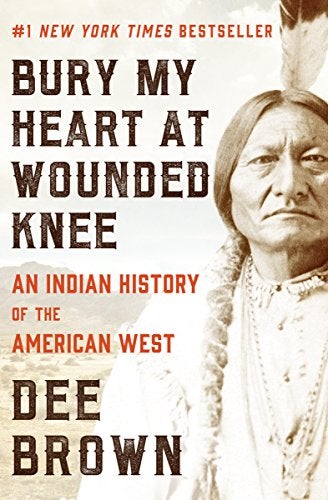
By Dee Brown
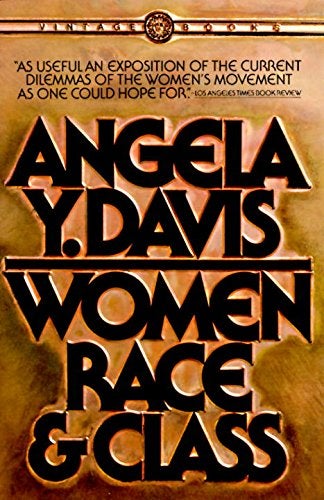
By Angela Davis
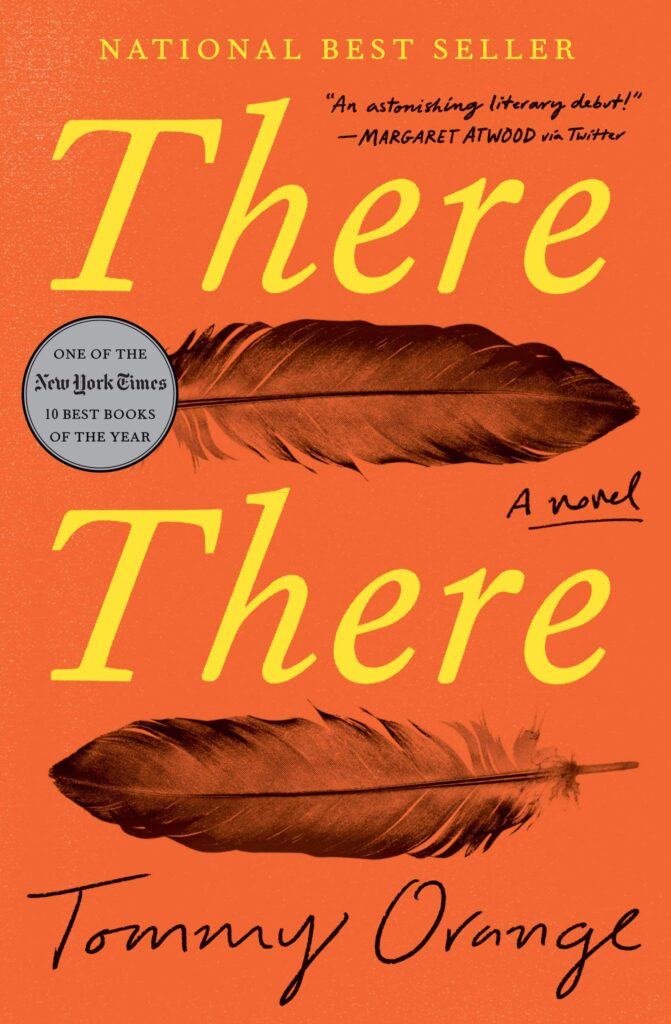
By Tommy Orange
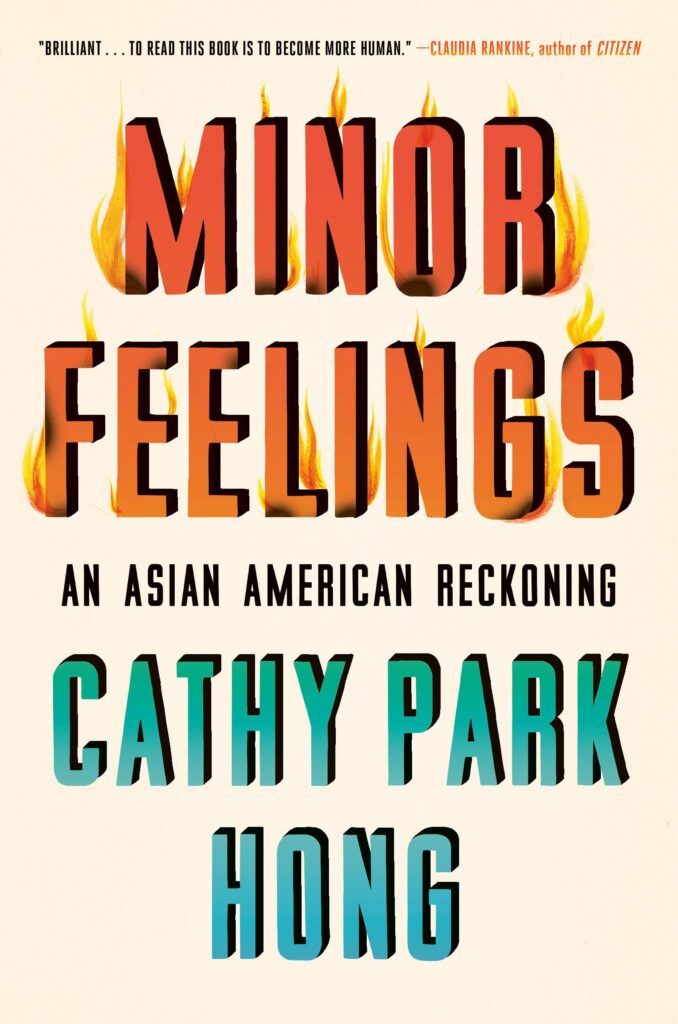
By Cathy Park Hong
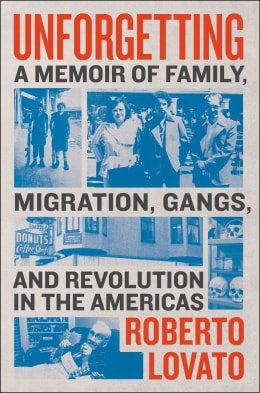
By Roberto Lovato
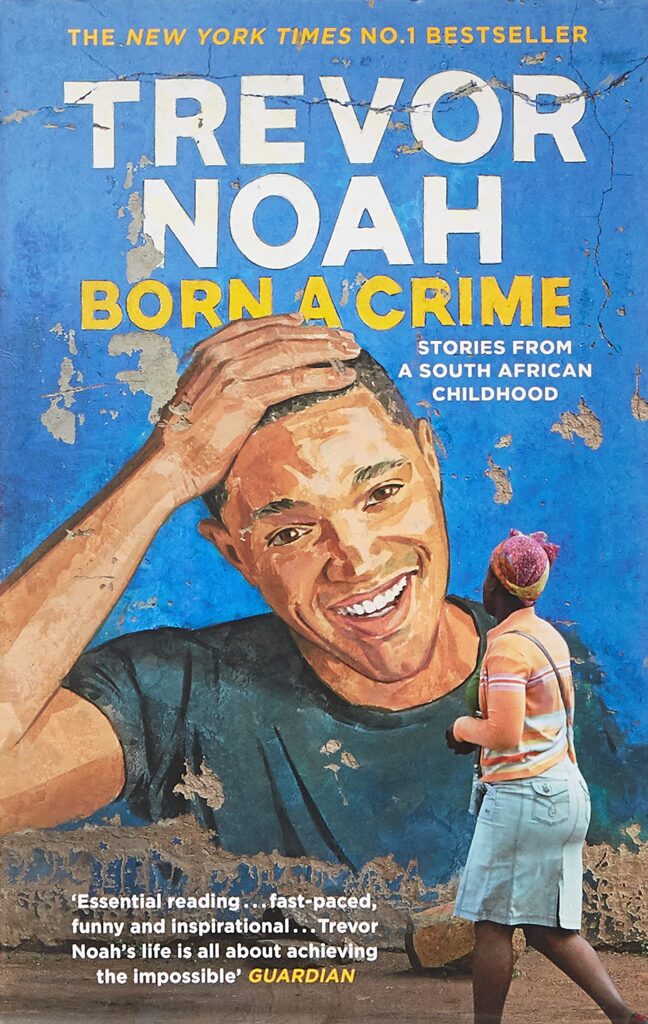
By Trevor Noah
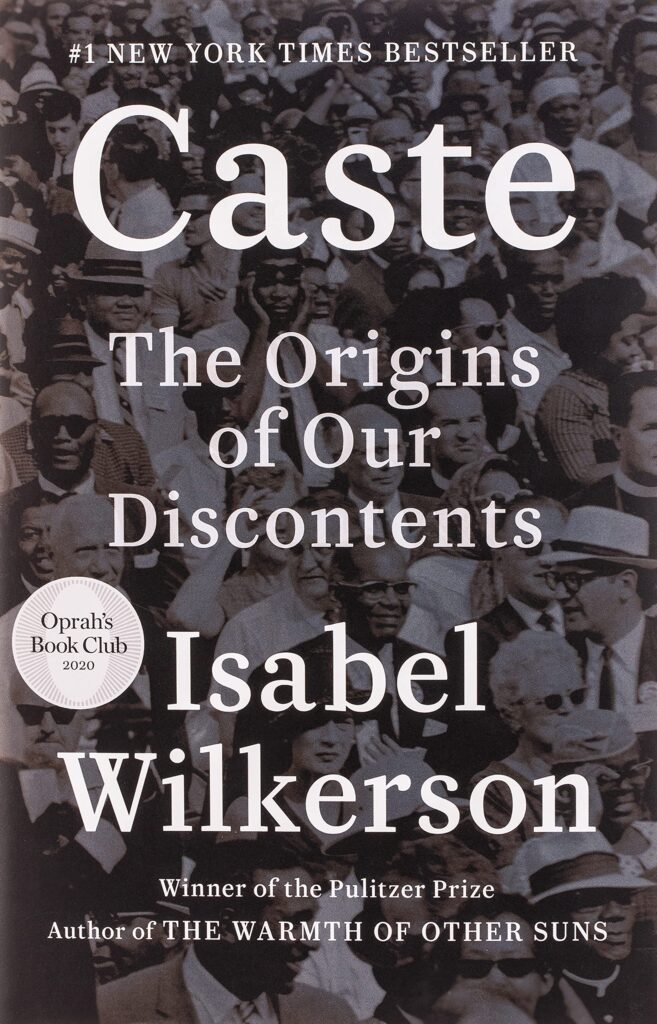
By Isabel Wilkerson
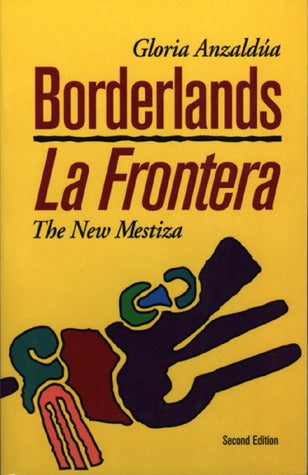
By Gloria Anzaldúa

